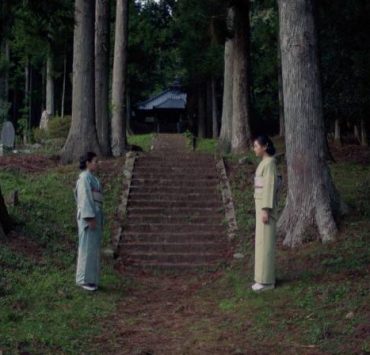Amid horrors of war, tales of love and resistance emerge in ‘Pulang Araw’
Tales of our elders’ experiences during World War II often begin with a phrase we all know too well: “Noong panahon ng Hapon…”Alden Richards’ grandparents are just as fond of telling theirs, especially now in their late 80s. It keeps their minds active, the actor said.

“Sometimes, that becomes the point of conversation to sort of exercise their minds. We choose certain topics that only they know. And we ask them to talk about them again and again,” Alden told Inquirer Entertainment in an interview with the main cast of “Pulang Araw,” a war drama series set during the Japanese occupation of the Philippines in the early 1940s.
The wailing of sirens and the thunderclap of explosives that come after were sounds that still ring their ears.

“My [paternal] grandmother is from Ilocos Sur. Once they hear the sirens, they would leave everything at home and hide in a cave, where it was safest,” Alden related. “When [Japanese soldiers] ordered them to lie face down, they would do it, no matter how dirty the environment was.”
Alden already knew of the importance of such stories. But doing “Pulang Araw,” he said, helped him better visualize them, as if he was almost living them in a way.
“I thought, ‘Why not tell the story, give it a picture, especially for the current generation. In this age of technology or social media, it seems like we have forgotten to take time to look back and reflect on how we achieved the freedom we have today,” Alden said. “The project will show what our countrymen had to go through back in the day wasn’t easy … give visuals to stories of our lolos and lolas.”
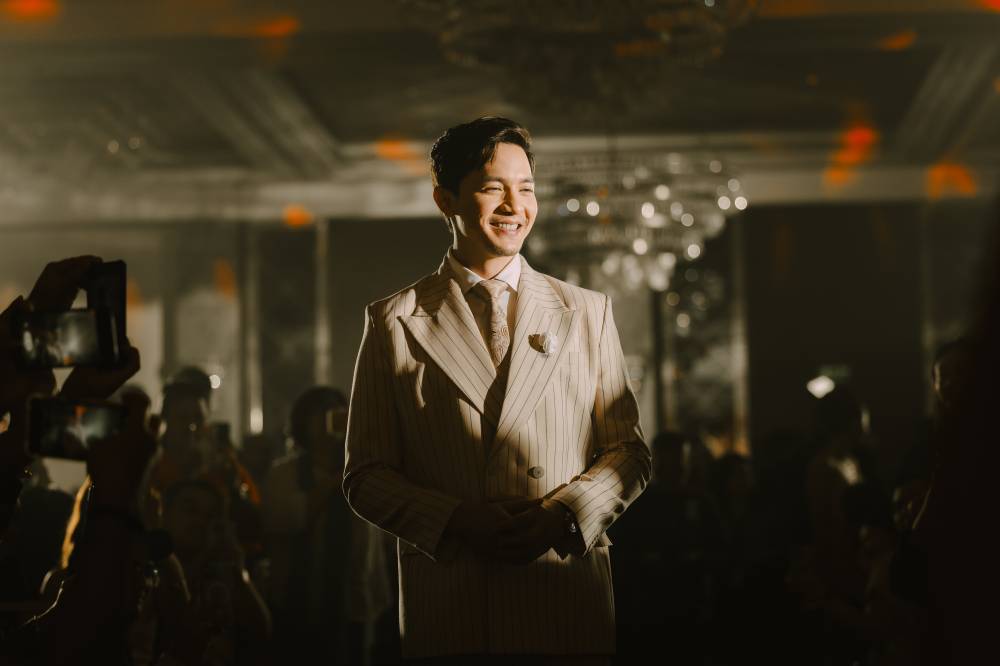
Now streaming on Netflix and airing on GMA 7’s primetime block today, “Pulang Araw” is directed by Dominic Zapata and written by Suzette Doctolero.
She has it in her
It revolves around four childhood friends whose hopes and dreams get dashed by the war. The very fabric that binds them frays, gnawed at by circumstances beyond their control. Sacrifices will have to be made. Duty leads to betrayal. But from beneath the rubble of horrors and hardships, stories of love, courage and resilience emerge.
Hardened by the death of his mother and the abandonment of his American father, Eduardo dela Cruz (Alden) grows up seeking a better life. But soon, he finds himself leaving everything he holds dear—his friends, future, the love of his life—to take up arms against the Japanese forces.
“He represents the poor and downtrodden. He works hard for a better life and perseveres to prove himself to other people. But none of it matters when something bigger, like war, comes along. You can’t really do anything but go with the flow,” he said.
“He fights for his family, dreams, friendships and the person he wants to pursue. He doesn’t turn a blind eye on what’s happening around him. He doesn’t take no for an answer. And he’s willing to risk his life for those things,” Alden added.
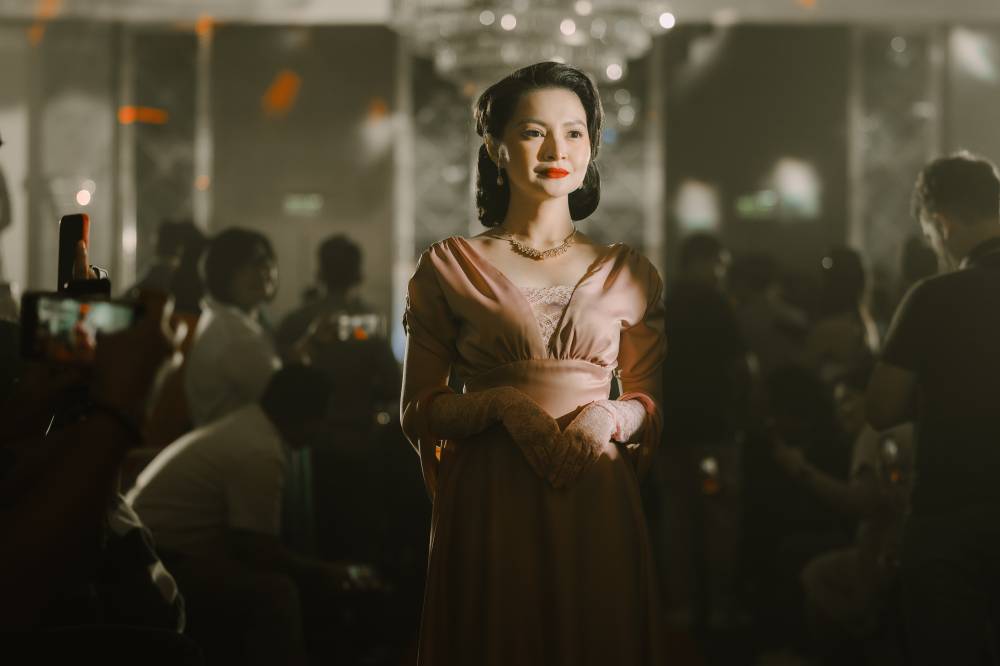
Adelina dela Cruz (Barbie Forteza) is Eduardo’s younger half-sister. They share the same fierce mother, Fina dela Cruz (Rhian Ramos). Together, they had a simple but happy childhood. After their mother’s death, their aunt Amalia (Rochelle Pangilinan) takes them under her care. But without the means to support both children long-term, Amalia is forced to send Adelina to her estranged father, the wealthy Julio Borromeo (Epy Quizon).
“They weren’t rich, but they were very happy—like they had everything. And because of that, you wouldn’t think that she has it in her to fight,” Barbie said of her character, who goes on to fulfill her dreams of performing for vaudeville, a popular genre of theatrical entertainment during that period.
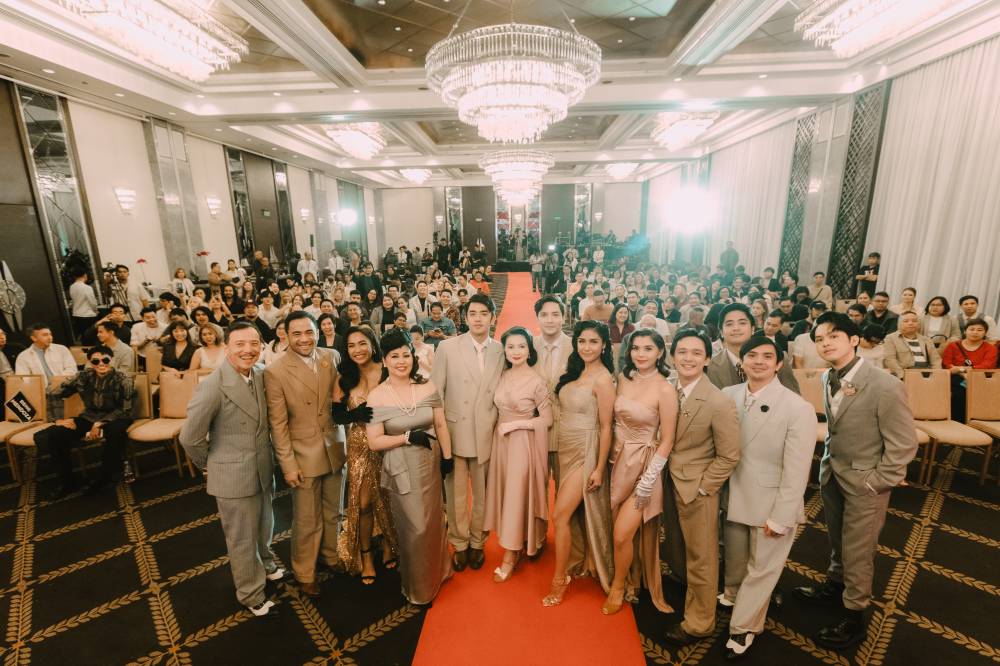
“There’s always this lingering pain and feeling of uncertainty. But she still has to perform, because it’s her job,” she said.
Sharing Adelina’s dream of becoming a vaudeville artist is her half-sister Teresita Borromeo (Sanya Lopez). In heeding the call of stage and music, she defies the wishes of her mother, and Julio’s legal wife, Carmela Borromeo (Angelu de Leon).
Unlike Adelina, Teresita enjoyed a life of privilege. But later on, she realizes that social status is no shield to the unspeakable abuses she’s about to endure.
“Back then, many wondered, ‘Will we live or die?’ They could only hold onto prayers. What happens to Teresita is tragic. Even if she comes from a rich family, she’s not immune to pain and ugly experiences. She has to live with trauma,” said Sanya, who sees her character as an “epitome of a woman’s strength.”

“She embodies courage, female empowerment and survival. She will fight through the war and everything that comes with it—the abuses, humiliation, the disregard for our rights,” she said of Teresita, who also develops romantic feelings for Eduardo.
Internal conflicts
Hiroshi Tanaka (David Licauco) is the son of Japanese immigrants who had already been living in the Philippines prior to the war. In a land foreign to him, using a language he can barely speak, he nevertheless forms a genuine bond with Eduardo and Teresita—and something even deeper than friendship with Adelina.

He gets sent to Japan to further his education. But upon his return to the Philippines, he quickly realizes that things are no longer what they used to be. At the behest of the Imperial Army officer Yuta Saito (Dennis Trillo), he’s left with no choice but to serve his country.
Now, he’s caught in a tug-of-war between patriotic loyalty and his love for his adopted home.
“He’s such an interesting character because he faces a lot of internal conflicts. There’s always this ongoing battle between his head and heart,” said David, who had to undergo Japanese lessons as part of his preparation. “Will he choose his love, Adelina, and his friends, or his country? It’s a good, but challenging, conflict to explore.”

At its heart, “Pulang Araw” is a story of love, family and friendship. But it doesn’t shy away from depicting the injustices and atrocities the Filipinos faced during the war—the violence and destruction, the physical torture of local fighters, the sexual abuse of comfort women and loss of lives.
Intense emotions
Needless to say, doing scenes related to such sensitive subjects pose a big challenge to the actors. The costume and production design help them get a better feel for their respective characters. Getting out of it is an entirely different story.
Every so often, the gravity of it all becomes so overwhelming they find themselves clinging to their characters long after the directors yell, “Cut!”
“We did a torture scene set in a concentration camp at Fort Santiago. I usually don’t hold onto my character, but for this one, I felt like his trauma made it difficult for me to break away from … Sometimes, I would get in my car and just space out,” Alden said. “I think it’s also because there’s the reality aspect of it: My mind would keep telling me, ‘This is something Filipinos actually went through.”
“Even if this is a work of fiction, I always approach it as something that happened … I wonder, ‘What if this scene did happen to an actual person?’ I have heard anecdotes of survivors of concentration camps, of the Death March and about journalists who worked during that time. It’s disturbing and emotional. And we feel the trauma even if it’s just acting,” he said.
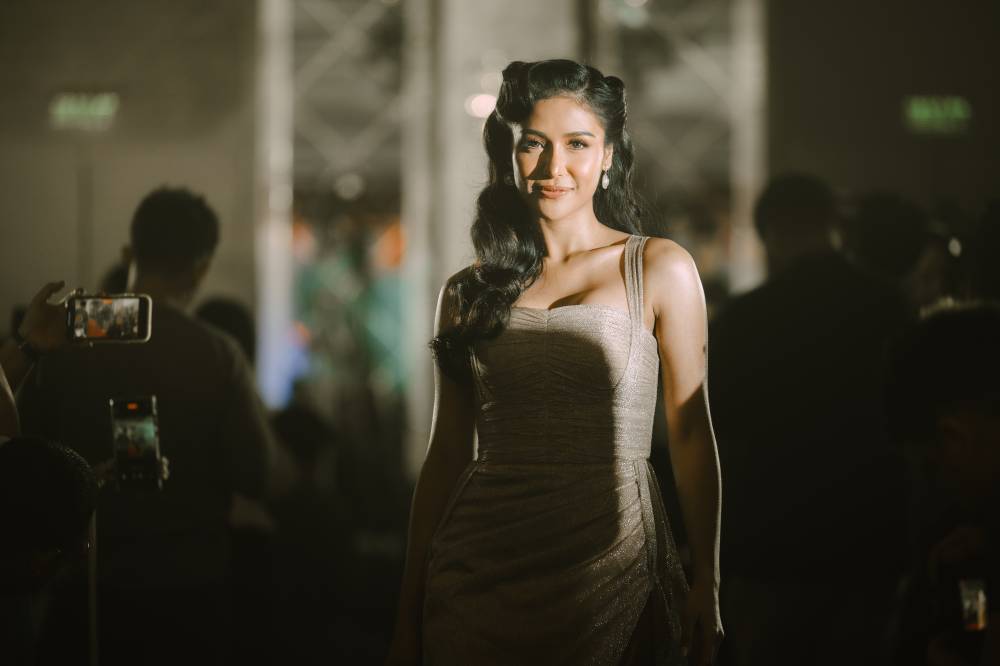
At first, Barbie was struck by the scale and beauty of the series’ production. But as taping days wore on, it all started to sink in.
“Ang sakit pala sa puso. After doing what was written on the script, I was like, ‘Ang bigat!’ In one instance, midway through taping, nanlata ako. You’re at the height of intense emotions and suddenly you have to let go. You have to flick the switch off. But it takes me a while to do so. After the take, I say, ‘Wait, hinga muna ako, inom muna ako!’ I needed a few minutes to shake it all off,” she said.
But as physically, mentally and emotionally taxing as the job may be, Alden, Barbie, Sanya and David are fueled by a stirring sense of responsibility, not only to inspire and educate the audience, but also to honor those who lost their lives in the fight for freedom, and the survivors who, to this day, continue to seek justice.
“It’s a way to pay respects to the people who experienced hardships… whose memories [of war] remain fresh in their minds. This isn’t about making them relive their pain. It’s about reminding the new generation about our history and to whom respect is owed,” Sanya said.

“There are human rights issues that remain unresolved today,” David pointed out. “We can all learn from how the Filipinos fought, because many of us still must do today.”
It was the price of freedom that Alden held onto.
“I will never forget what our director told us during the story conference: Whatever freedom we have and enjoy at this moment is because of the people who went through hell during World War II,” Alden added. “Doing the show makes me proud to be a Filipino.”














